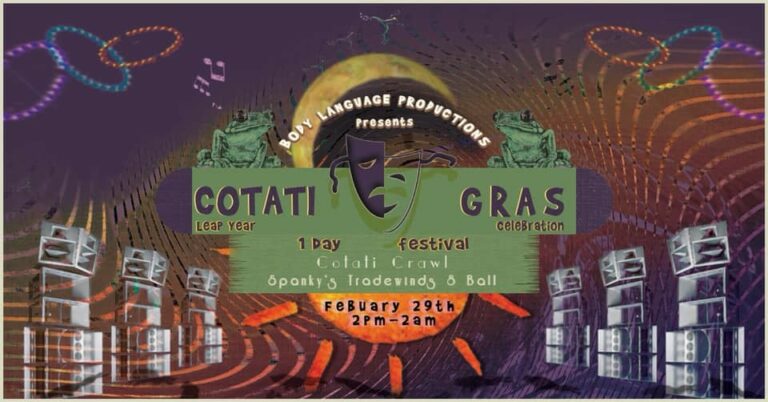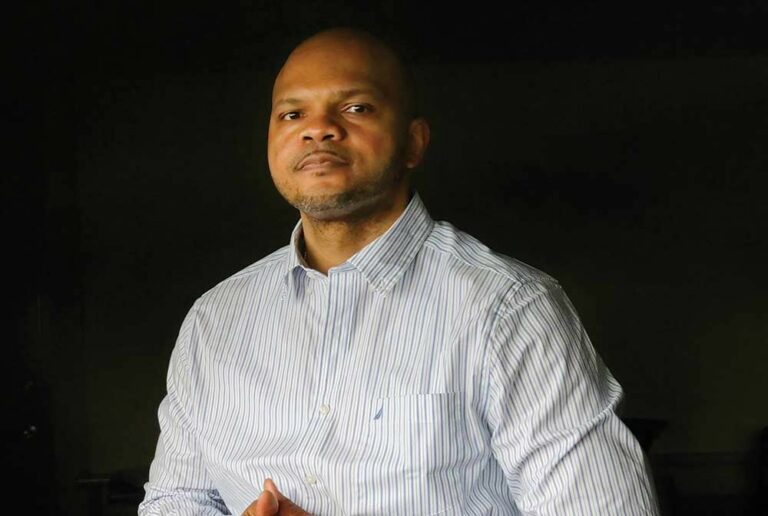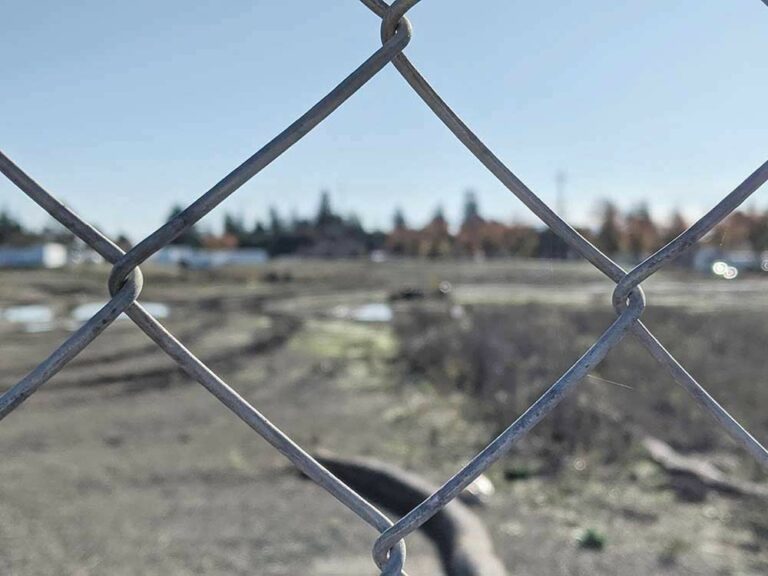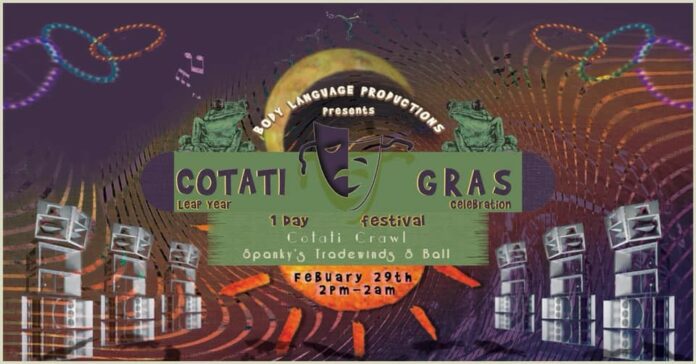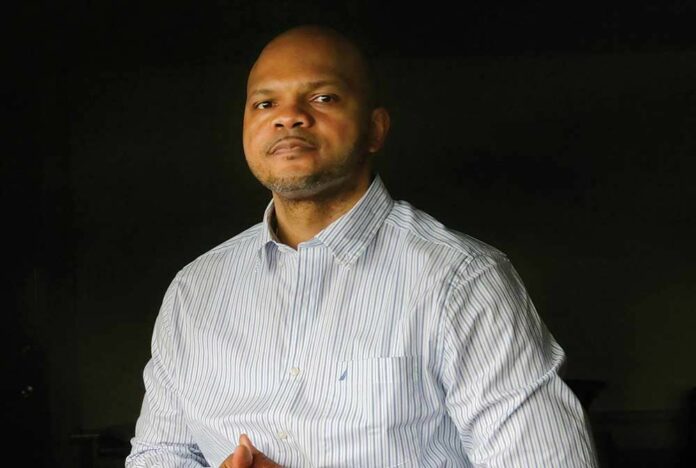In 1989, police accused five teenagers (four African-American and one Latino) of raping a white woman in Central Park in New York City.
The teens, ages 14–16, were brutally interrogated for over 18 hours until they confessed to the crime and were convicted and sentenced. Shortly thereafter, future U.S. president Donald Trump took out full-page ads in four New York newspapers, including The New York Times, calling for their execution.
Thirteen years later, in 2002, DNA evidence and the subsequent confession from serial rapist Matias Reyes, already in prison, cleared the Central Park 5—Raymond Santana, Kevin D. Richardson, Antron McCray, Yusef Salaam and Korey Wise—of the charges of raping Trisha Meili. But while the law exonerated them, their lives would never be the same. Their experience is only one of many across the United States.
This Thursday, Feb. 20 at 7pm, the last episode of When They See Us, the four-part Netflix series written and directed by director Ava DuVernay (Selma, A Wrinkle In Time) about the Central Park 5 case will show on the big screen at Sonoma State University (SSU). Special guest Kevin Richardson, one of the Central Park 5, now the Exonerated 5, will attend. It is a rare opportunity to hear from Richardson and to see the film on the big screen.
“[Richardson] receives a lot of requests to speak, and I am grateful he chose to join us,” says Mo Phillips, who organized the event for Black History Month at SSU. “Kevin was the youngest of the five young men to be accused, tried and found responsible in this case. He had dreams of playing basketball at Syracuse, played the trumpet, had a strong support system of women surrounding him throughout his life and the case. He continues to struggle daily with the handling of this case, the incarceration and the aftermath. He is married and has kids; he speaks out whenever he can about what happened to them and works with the Innocence Project.”
In 2019, when the Netflix series debuted and brought the story to light again after over a decade after the complete exoneration of the five teens, people asked President Trump to apologize for his call for the boys’ execution. He refused to apologize or even admit he was wrong about them.
Phillips speaks to the experience of racism and subsequent injustices that occurred in this case—and in many other cases—for people of color.
“When I saw the film, it brought up so much for me, as it does for almost everyone I’ve spoken with about it,” he says. “Their story needed to be told and I wanted to get the community talking about issues of injustice, especially towards black and brown members of our communities.”
Last Spring, after Phillips saw When They See Us for the first time, she contacted Mr. Richardson’s agent and asked if he would attend the screening of the mini-series for SSU’s Black History Month.
“I worked with an awesome committee of students, staff and faculty from around campus to plan the month’s events,” she says.
Phillips emphasizes that at the university level in particular, talking about and casting light on all issues of racial injustice is crucial.
“It’s important for us, especially at an institution of higher learning, to engage in the hard conversations and to learn how we can support each other, how we can help to fight for justice and how we can be part of the solution—as our students could be future policy makers, advocates and activists,” she says.
Whether or not one has watched the first three episodes, (available to stream on Netflix) the last episode of When They See Us is relatable, and we need the show’s messages more than ever at this time.
“It shows [the boys] at a point of their most innocent and vulnerable moments and then moves into who they were when they got out of jail/prison and what that experience was like for them.” Phillips says. “I think we can all relate to this, especially right now in our country as we continue to grapple with these same issues.”
Hearing these stories is an important part of creating change. The residents of Sonoma County have a unique chance to hear this story from Richardson’s personal experience as one of the Exonerated Five.
“While we cannot go back in time and effect change, we can effect change moving forward,” Phillips says. “We can affect it by what we do, what we say, what we confront or care about and by how we spend our money, who we vote for, working to change policy, etc. I hope that the attendees [of the screening] get involved in some way, their way, to get off the sidelines and be a part of the solution.”
Kevin D. Richardson
April 19, 1989 started off as a normal day for 14-year-old Kevin D. Richardson, but that night changed the course of his life, and American society, forever. After the brutal attack and sexual assault of jogger Patricia Ellen Meili in Central Park, the New York Police Department rounded up and arrested a total of 10 suspects, including Richardson. Despite there being no DNA and little evidence connecting himself and the four other teens to the crime, Richardson was charged and sentenced to serve five to 10 years in jail. After serving five and a half years for a crime he did not commit, Richardson was put on probation and released from prison.
However, the conviction for the attack remained on his record. In 2002, New York District Attorney Robert Richardson joined forces with the other men falsely convicted and filed a lawsuit for $41 million, which was finally settled in 2014. In 2019, Netflix released When They See Us, a mini-series portraying the famous events of the case. The celebrated and award-winning show has brought the injustices Richardson and the Central Park 5 experienced back into the public’s attention.
Thirty years on, Kevin Richardson is an advocate for criminal justice reform and uses his personal experience with false coercions and unjust convictions to bring about change. He has partnered with the Innocence Project, a nonprofit organization dedicated to exonerating, through DNA testing, wrongfully convicted people.

